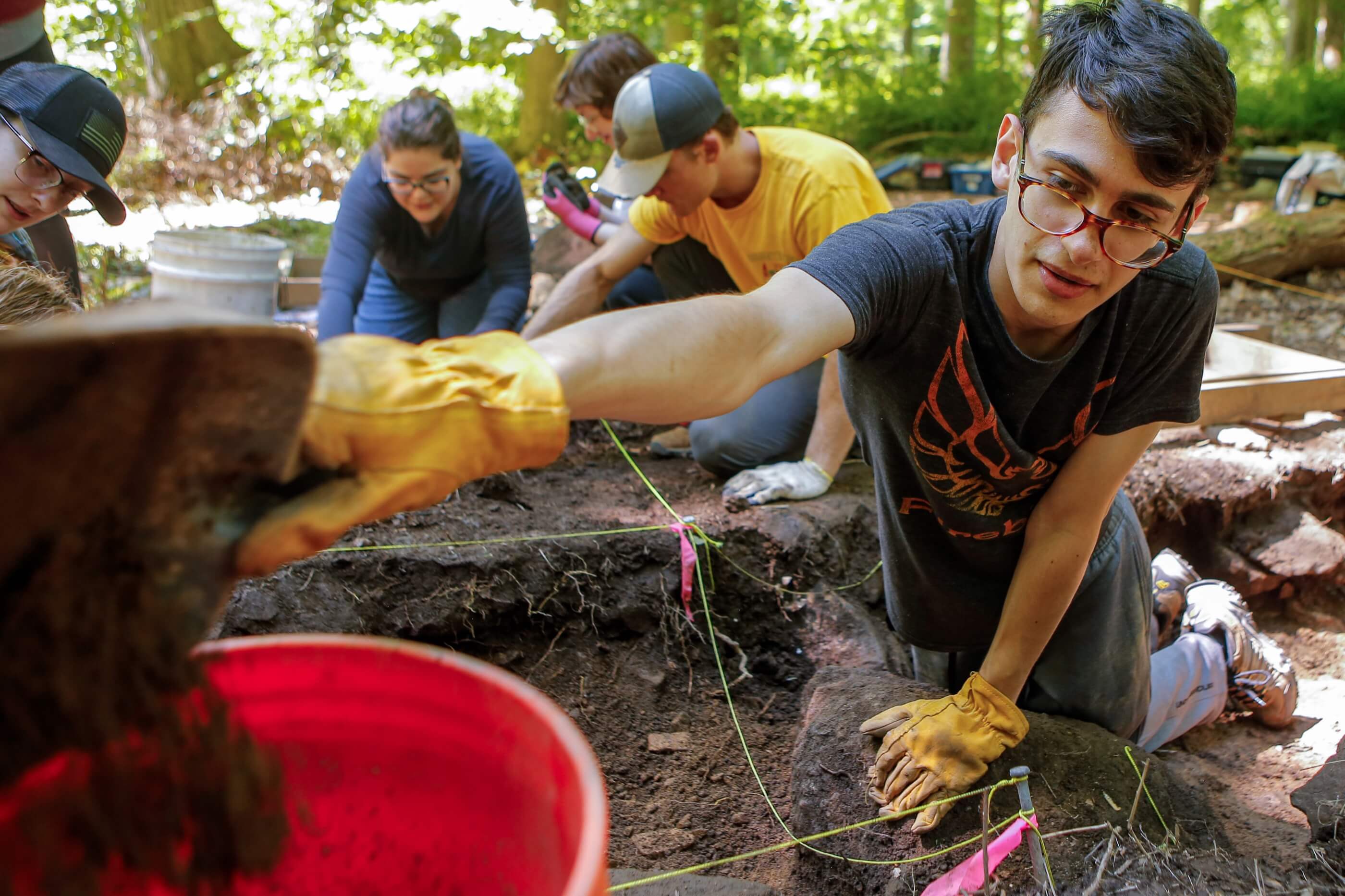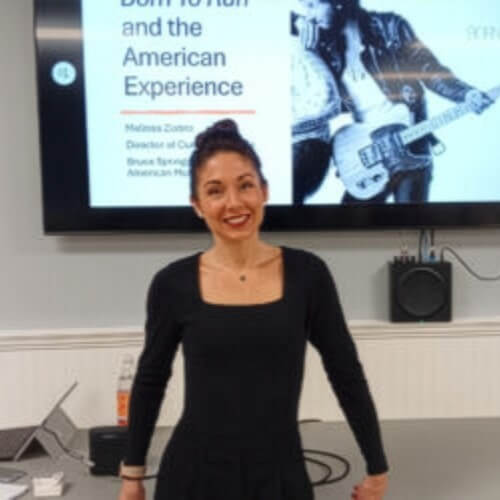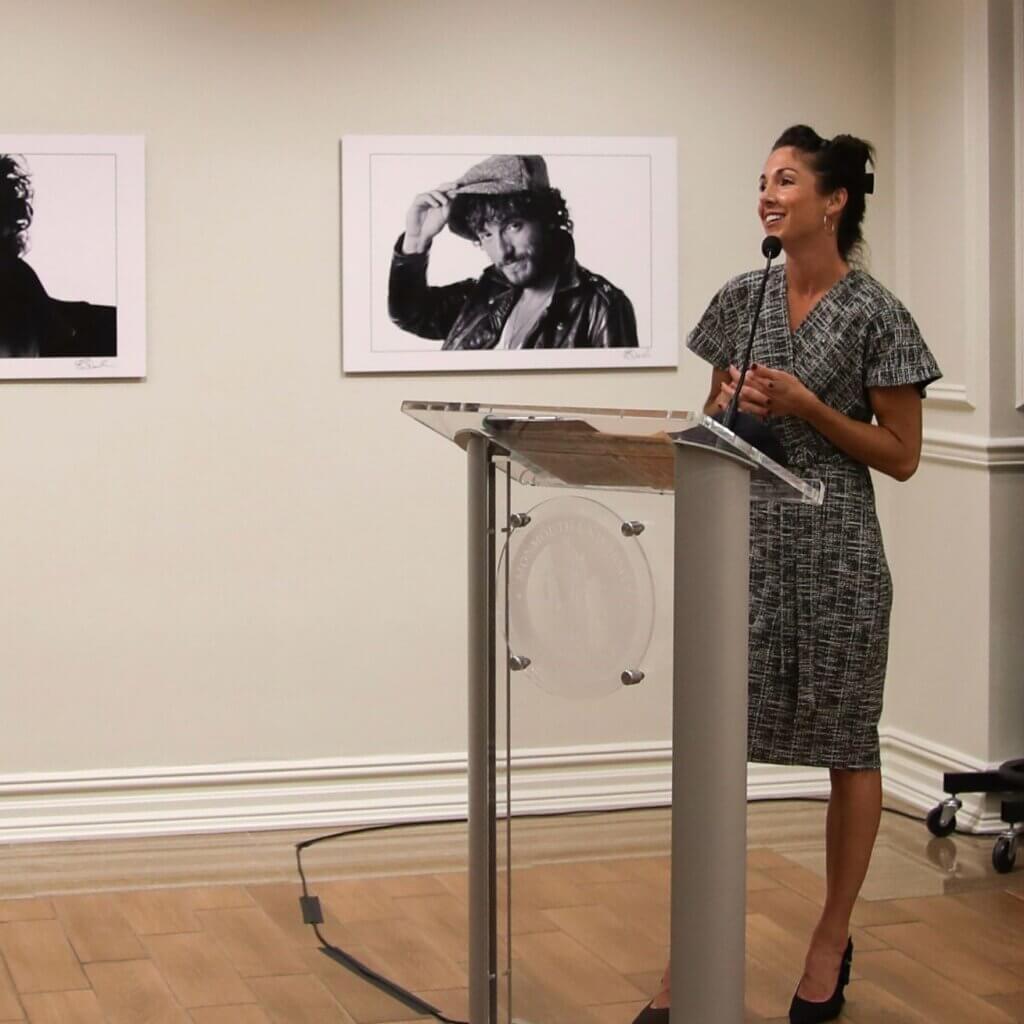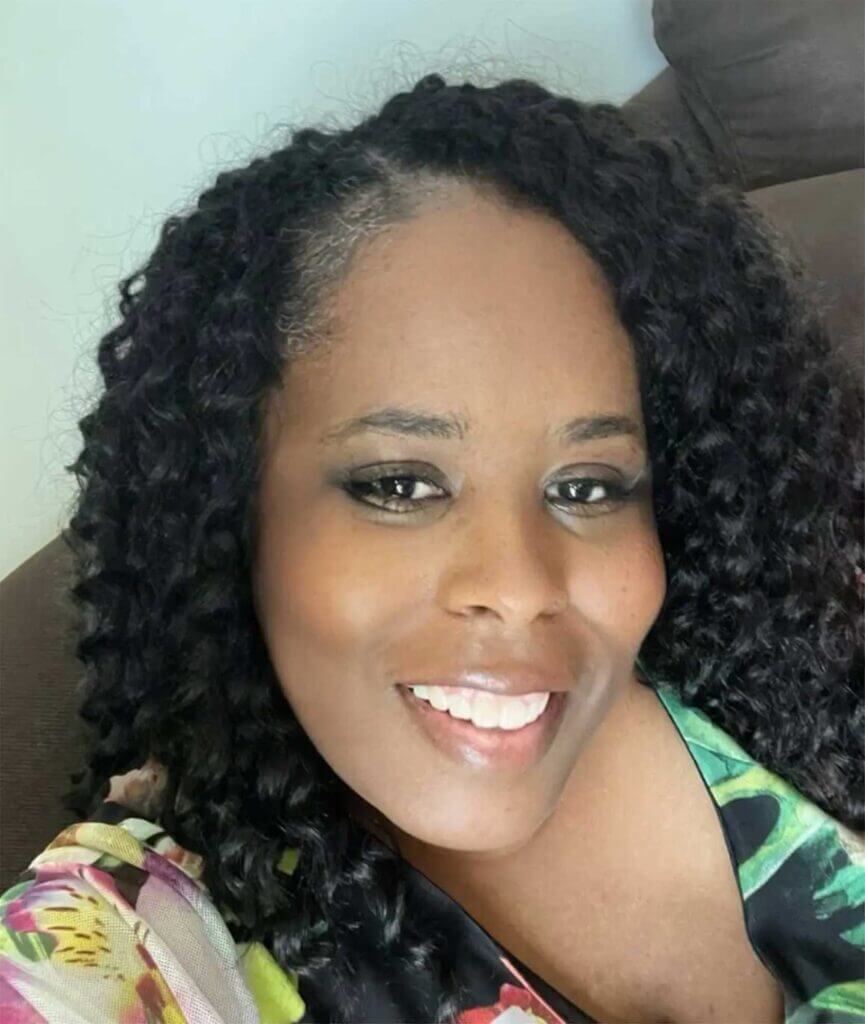About the Department
The disciplines of History and Anthropology focus on the study of the human experience, past and present. The Department of History and Anthropology at Monmouth University is built on the characteristics that the disciplines share and is supported by those that make each unique. We offer undergraduate and graduate degrees in History and Anthropology, as well as joint degrees in History and Education and Anthropology and Education. The department is also home to minors in History, Anthropology, Archaeology, Geography, Geographic Information Systems, Public History, Race and Ethnic Studies, and Religious Studies. We are committed to providing our students with an engaging, rigorous educational experience that prepares them for diverse careers and for life after college.
So, what can the Department of History and Anthropology do for you?
Our studies use the stories of people past and present to gain a deeper sense of the world in which we live. Our students learn to look outside of themselves to appreciate different viewpoints and learn about themselves along the way. History and Anthropology courses are not just narratives but discussions that help raise your consciousness about important global, historical, and even personal issues related to your place in the world and human history. You will learn to recognize the forces at work by seeing patterns and themes develop in the larger orders of time and geography. You will engage in relative thinking and a global perspective. History and Anthropology provide valuable insights and lessons related to human behavior that can help you not only to understand why people – past and present – think and act the way they do but also to define your own values more clearly.
Secondarily, a degree in History or Anthropology will provide you with more than the actual subject knowledge but also skills that can be applied to any work environment. You will learn versatile research skills such as how to:
- approach and solve problems,
- think critically using different methods,
- apply different perspectives to problems,
- collect data in different ways,
- read critically and deeply,
- analyze information from multiple sources, and
- articulate your findings and analysis in both written and oral forms.
The Sextant
Our departmental newsletter highlighting the latest goings-on within the department and the field at large.
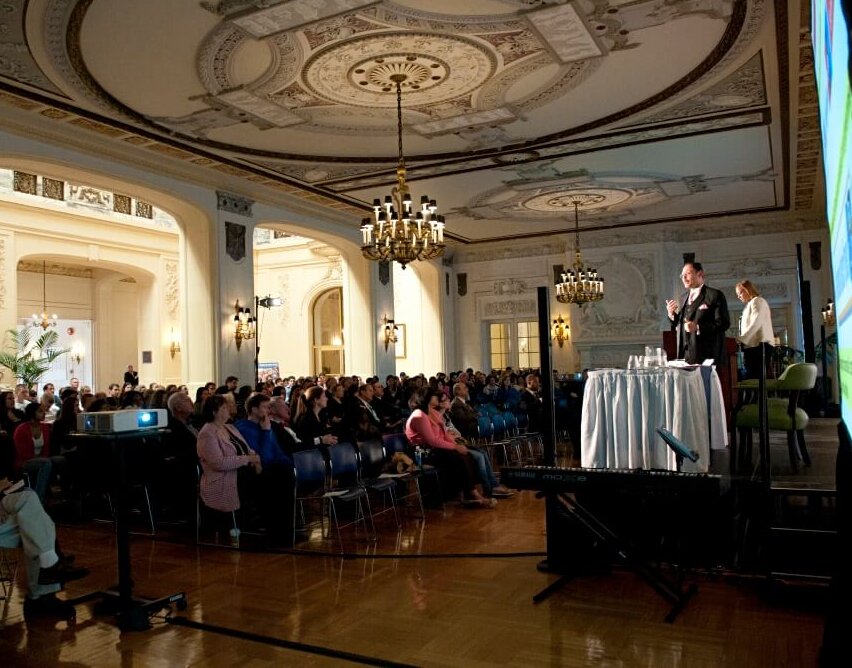
Research and Teaching Pedagogy Speaker Series
An ongoing seminar to foster awareness about the research interests among faculty within the department, improve communication about areas of teaching and scholarship, facilitate collegiality across disciplines, and encourage collaborative research opportunities.
Black and African Diaspora Forum United (BADFU)
BADFU is an organization of Black/African American faculty, and their allies, at Monmouth University concerned with the unique challenges of Black/African American academics at predominantly white institutions of higher education.
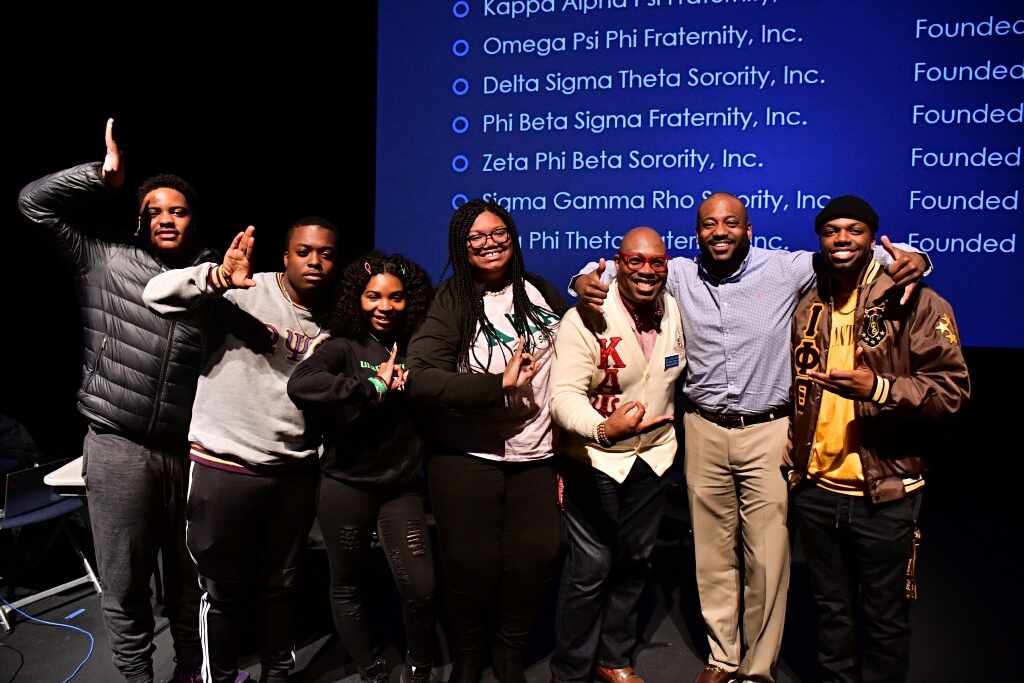
Statement on Anti-Education Laws
The Department of History and Anthropology condemns in the strongest terms the recent campaign to silence American teachers on the subject of race. Enacted in five states of our union and contemplated in numerous others, these new laws forbid, amongst other things, “that any individual should feel discomfort, guilt, anguish, or any other form of psychological distress on account of his or her race or sex”—a provision broad enough to thwart any inquiry into racist or sexist injustices.
This aim, to protect anyone who enjoys any advantages in the present from feeling guilty about or complicit in wrongdoings of the past, underestimates the mental toughness of the American student. But more importantly, it rejects the very purpose of education. The purpose of education generally and the study of history and anthropology in particular is neither to hurt students’ feelings nor pamper them. The purpose, rather, is understanding.Better understanding the past does not make us complicit in it. It is instead when we deny or minimize past injustices that we become complicit in them. Such tactics, common to anti-democratic regimes, have no place in the education of a free people.
Other Statements:
Monmouth News
Debora Graas
Office Coordinator

